What it's like to foster a Black and Minority Ethnic (BME) child and what skills and qualities you'll need to be a good foster carer for them.
Most children in care in Bristol who are from a Black or minority ethnic group background have one or both parents of African-Caribbean or African heritage.
Approximately one in three children we look after comes from a Black or minority ethnic background, as opposed to only one in five of our foster carers. This means that although we always try, we can't always match a child with a family from the same culture.
All fostered children from Black and minority ethnic backgrounds need support to:
- learn about their cultural heritage
- practise their chosen religion
- maintain links with their community
- understand and deal with potential racism or discrimination
As well as preparation and support from your supervising social worker and the child's social worker, we give all carers:
- a comprehensive guide to caring for a child of a different ethnicity
- buddies from the Black and minority ethnic fostering community, who can help with questions on things like hair, skin care and food, or religious and cultural practices
- access to a specialist support group
What skills you need to foster a child from a different cultural background
To be a good foster carer of a child from a different culture, you all the same skills as other foster carers, and to:
- value and respect the child's cultural identity, heritage and past experiences
- help the child maintain links with their community
- be willing to learn, research and look for support on specific needs they might have, such as hair care and skin products
- support their religious needs, for example by taking them to a place of worship, and giving them time and space for prayer
- create a familiar routine around food and other cultural practices
Next: fostering unaccompanied asylum seeking children
